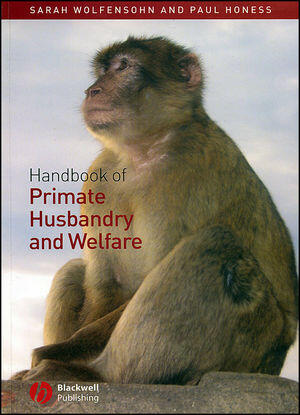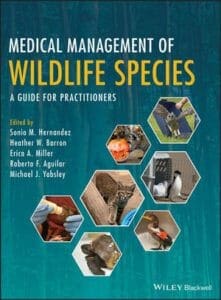Handbook of Primate Husbandry and Welfare

By Sarah Wolfensohn and Paul Honess
Handbook of Primate Husbandry and Welfare PDF covers all aspects of primate care and management both in the laboratory environment and in zoos. From the welfare and ethics of primate captivity through to housing and husbandry systems, environmental enrichment, nutritional requirements, breeding issues, primate diseases, and additional information on transportation and quarantine proceedings, this book provides a completely comprehensive guide to good husbandry and management of primates. Designed to be a practical field manual, the authors present the material using lists, tables and illustrations to clarify best practice.
- Representative species are covered – from marmosets through to macaques
- One of the first books dedicated to the care of primates in captivity
- Written by authors with many years of experience working with primates
- Suitable for those working with primates in either laboratories or zoos
This Book is Available For Premium Members Only













![Ettinger’s Textbook of Veterinary Internal Medicine 9th Edition [PDF+Videos] Ettinger’s Textbook of Veterinary Internal Medicine 9th Edition [True PDF+Videos]](https://www.vet-ebooks.com/wp-content/uploads/2024/10/ettingers-textbook-of-veterinary-internal-medicine-9th-edition-100x70.jpg)

![Textbook of Veterinary Diagnostic Radiology 8th Edition [PDF+Videos+Quizzes] Thrall’s Textbook of Veterinary Diagnostic Radiology, 8th edition PDF](https://www.vet-ebooks.com/wp-content/uploads/2019/09/textbook-of-veterinary-diagnostic-radiology-8th-edition-100x70.jpg)






